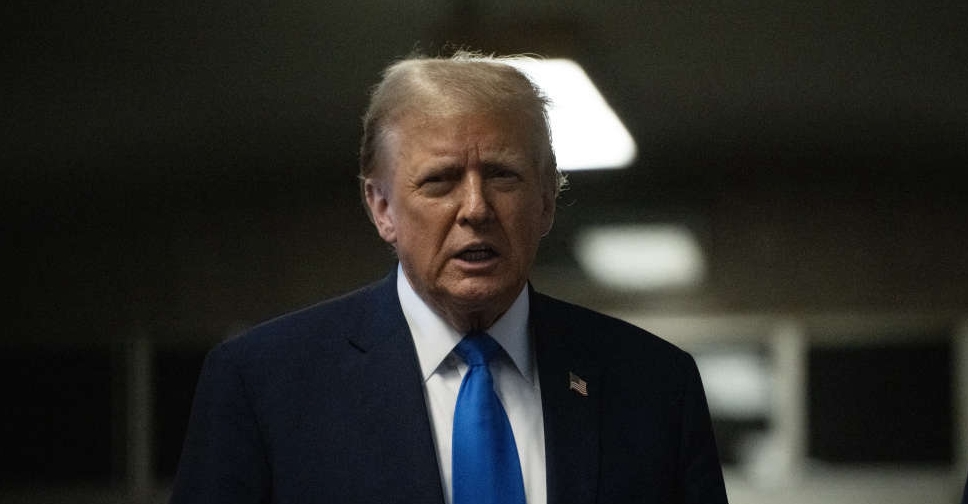
New York prosecutors said on the first day of Donald Trump's criminal hush money trial that the former president broke the law and corrupted the 2016 election by trying to cover up encounters with an adult film star and a model, while his defense lawyer said he committed no crime.
Jurors in the historic trial also heard briefly from the prosecution's first witness: former National Enquirer publisher David Pecker, who prosecutors say participated in a "catch and kill" scheme to suppress unflattering stories about Trump and help him get elected.
In the first-ever trial of a former US president, Trump is charged with falsifying business records to cover up a $130,000 payment to actress Stormy Daniels in 2016 to keep quiet about an encounter she says they had 10 years earlier. Trump has pleaded not guilty and denies the encounter took place.
Prosecutors portrayed the payment as a criminal effort to deceive voters at a time when Trump was facing other accusations of crude sexual behavior.
"This was a planned, coordinated, long-running conspiracy to influence the 2016 election, to help Donald Trump get elected through illegal expenditures to silence people who had something bad to say about his behavior," prosecutor Matthew Colangelo said. "It was election fraud, pure and simple."
Colangelo told the jury that they would hear Trump working out the details of the scheme in recorded conversations and see an extensive paper trail to back up the testimony of witnesses.
Trump's lawyer told the jury that the former president did not commit any crimes and said Manhattan District Attorney Alvin Bragg should not have brought the case.
"There's nothing wrong with trying to influence an election. It's called democracy. They put something sinister on this idea, as if it's a crime," Trump lawyer Todd Blanche said.
Wearing a blue tie and dark blue suit, the Republican presidential candidate watched the court proceedings and occasionally spoke to his lawyer. A Secret Service agent wearing an earpiece sat directly behind him.
The lawyers made their opening statements in what may be the only one of Trump's four criminal prosecutions to go to trial before his Nov. 5 election rematch with Democratic President Joe Biden.
The case is seen by many legal experts as the least consequential of the Trump prosecutions, based on facts that have been public since 2018. A guilty verdict would not bar him from taking office, but it could hurt his candidacy.
Reuters/Ipsos polling shows half of independent voters and one in four Republicans say they would not vote for Trump if he is convicted of a crime.
Before proceedings got under way, Trump called on his supporters to peacefully protest nationwide, but few greeted him when he arrived at the downtown Manhattan courthouse. Trump blamed security restrictions for the poor turnout, though the surrounding streets were open to the public.
Trump faces three other criminal indictments stemming from his efforts to overturn his 2020 election defeat and his handling of classified documents after leaving the White House in 2021.
He has pleaded not guilty in those cases, and he portrays all of them as a broad-based effort by Biden's Democratic allies to undercut his campaign.
With the 2024 election campaign in full swing, Trump now must juggle courtroom appearances and rallies.



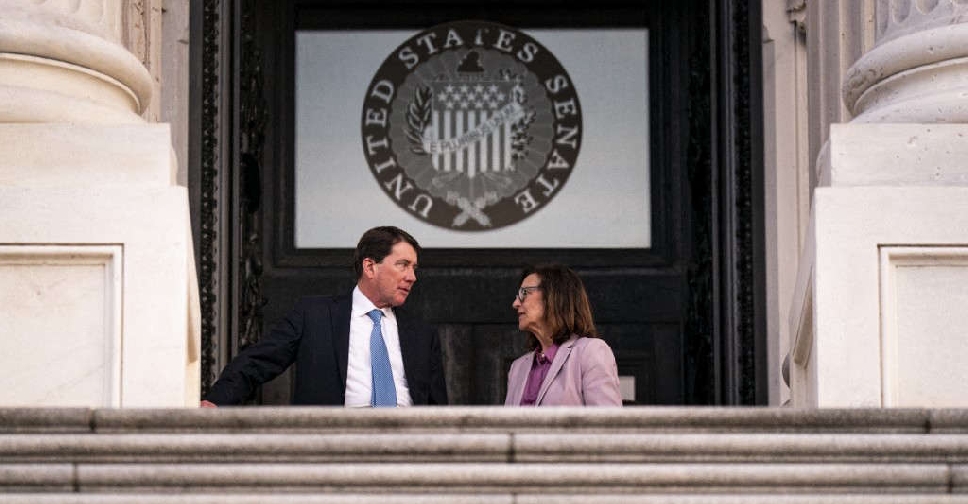 US Senate passes Trump's tax-cut, spending bill; sends to House
US Senate passes Trump's tax-cut, spending bill; sends to House
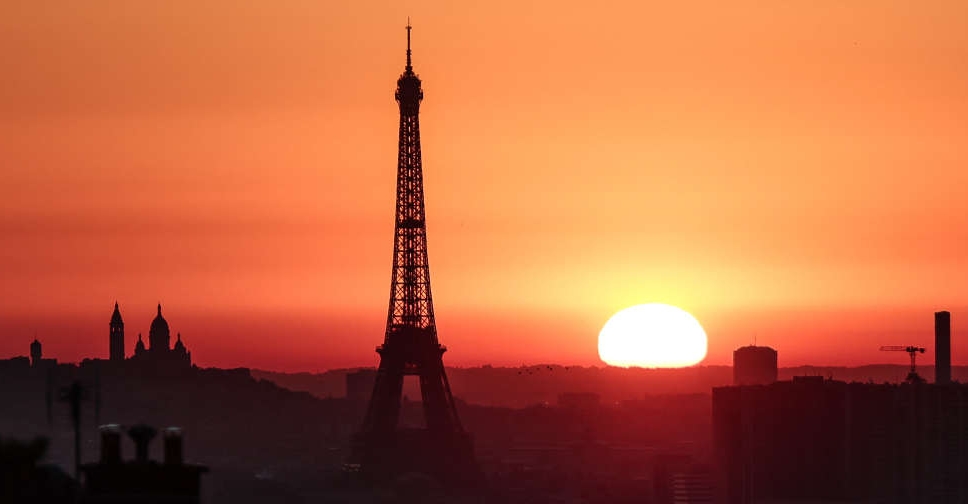 France shuts schools as heatwave grips Europe
France shuts schools as heatwave grips Europe
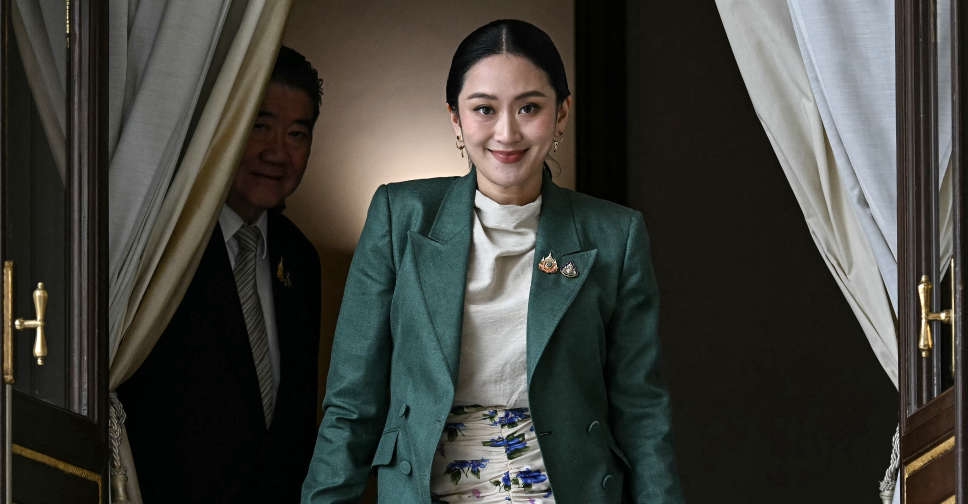 Blow for Thailand's government as court suspends PM from duty
Blow for Thailand's government as court suspends PM from duty
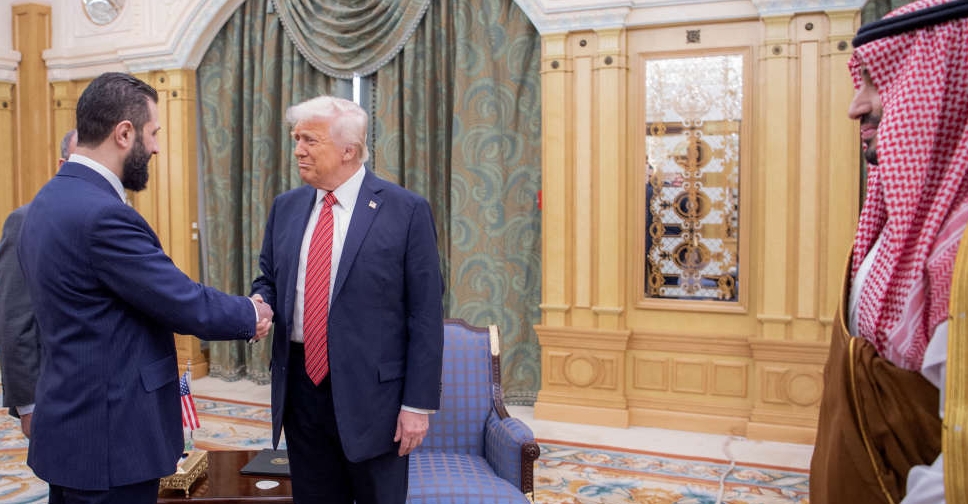 Trump signs order lifting sanctions on Syria, White House says
Trump signs order lifting sanctions on Syria, White House says
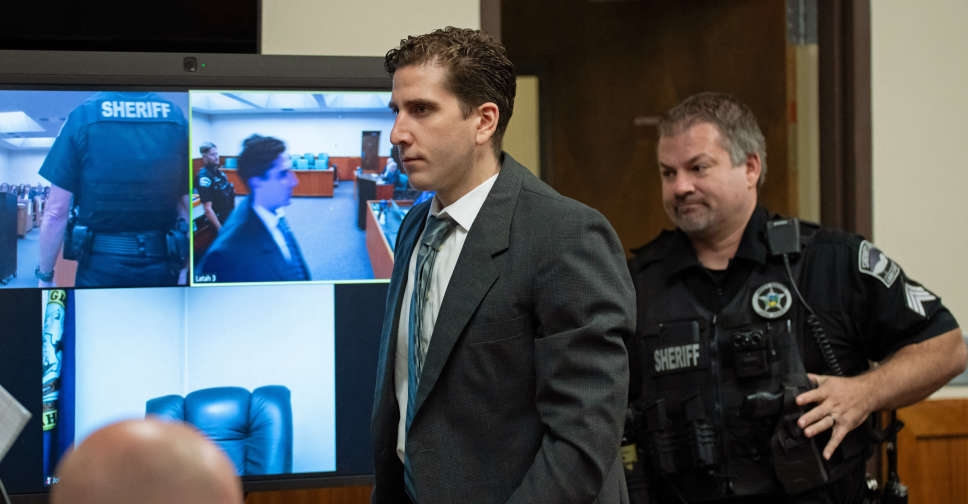 Suspect in murders of four Idaho college students to plead guilty
Suspect in murders of four Idaho college students to plead guilty







